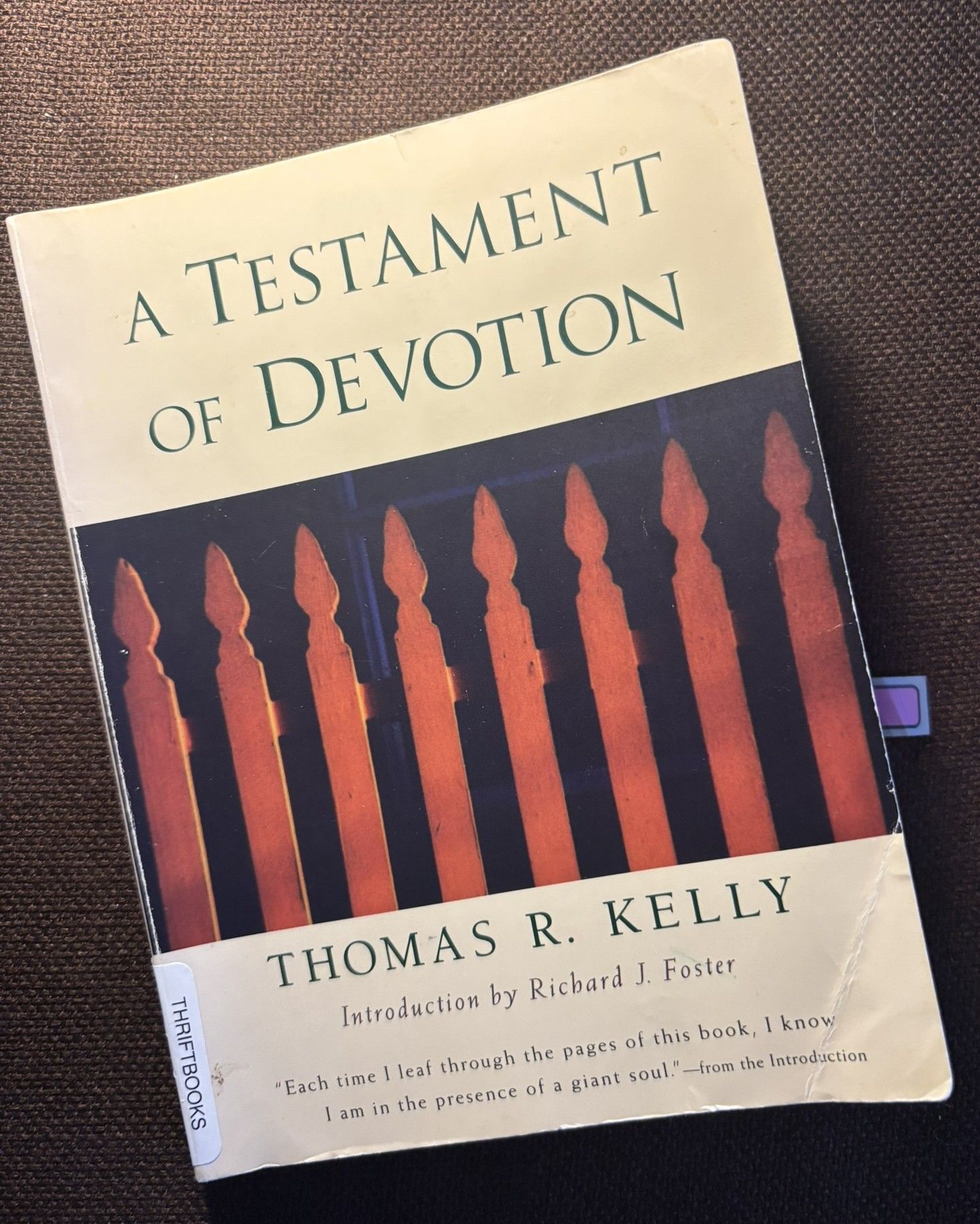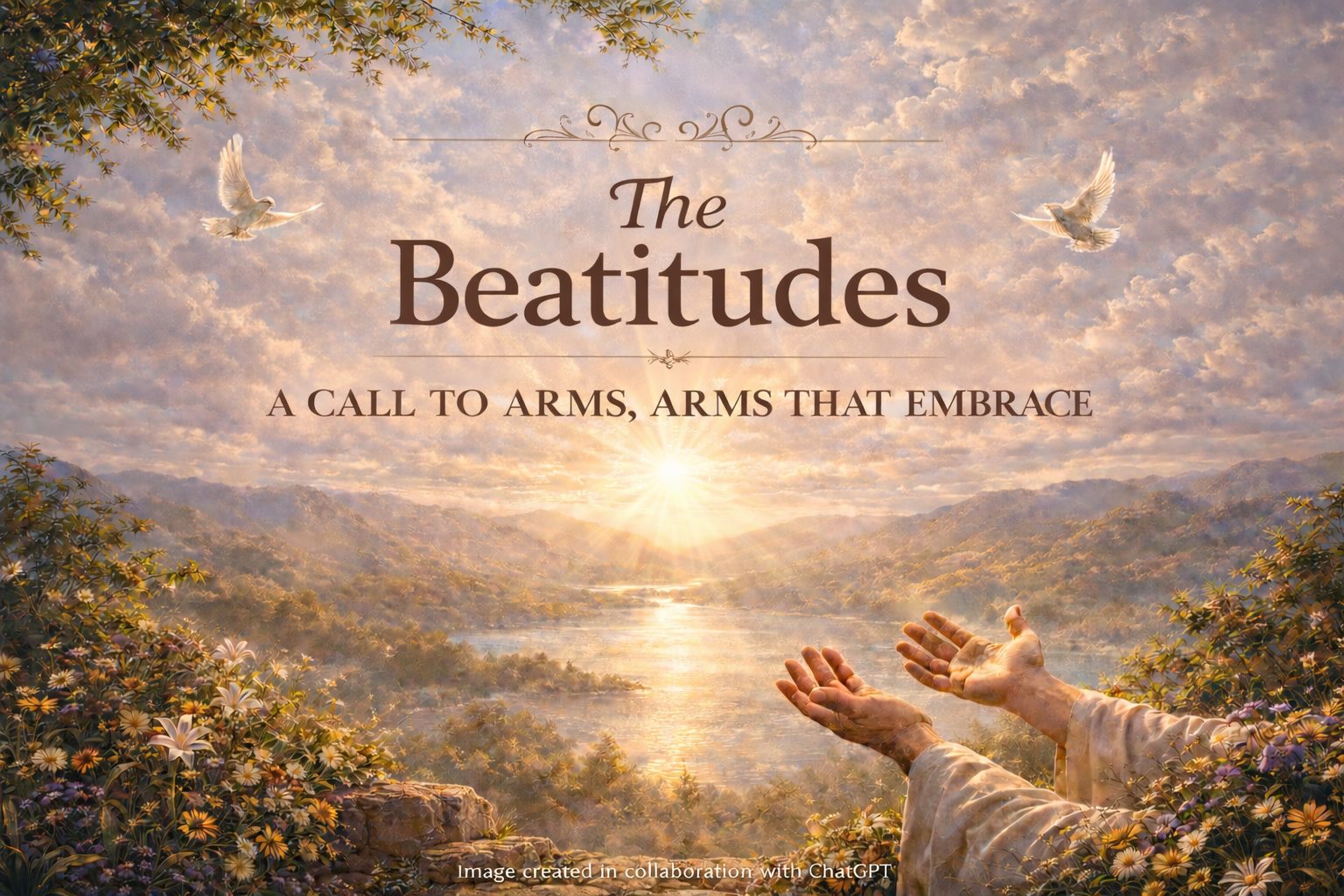Why I Write (About Aging)
I write, and read, to connect with so many people living and dead, so many ideas, so much.
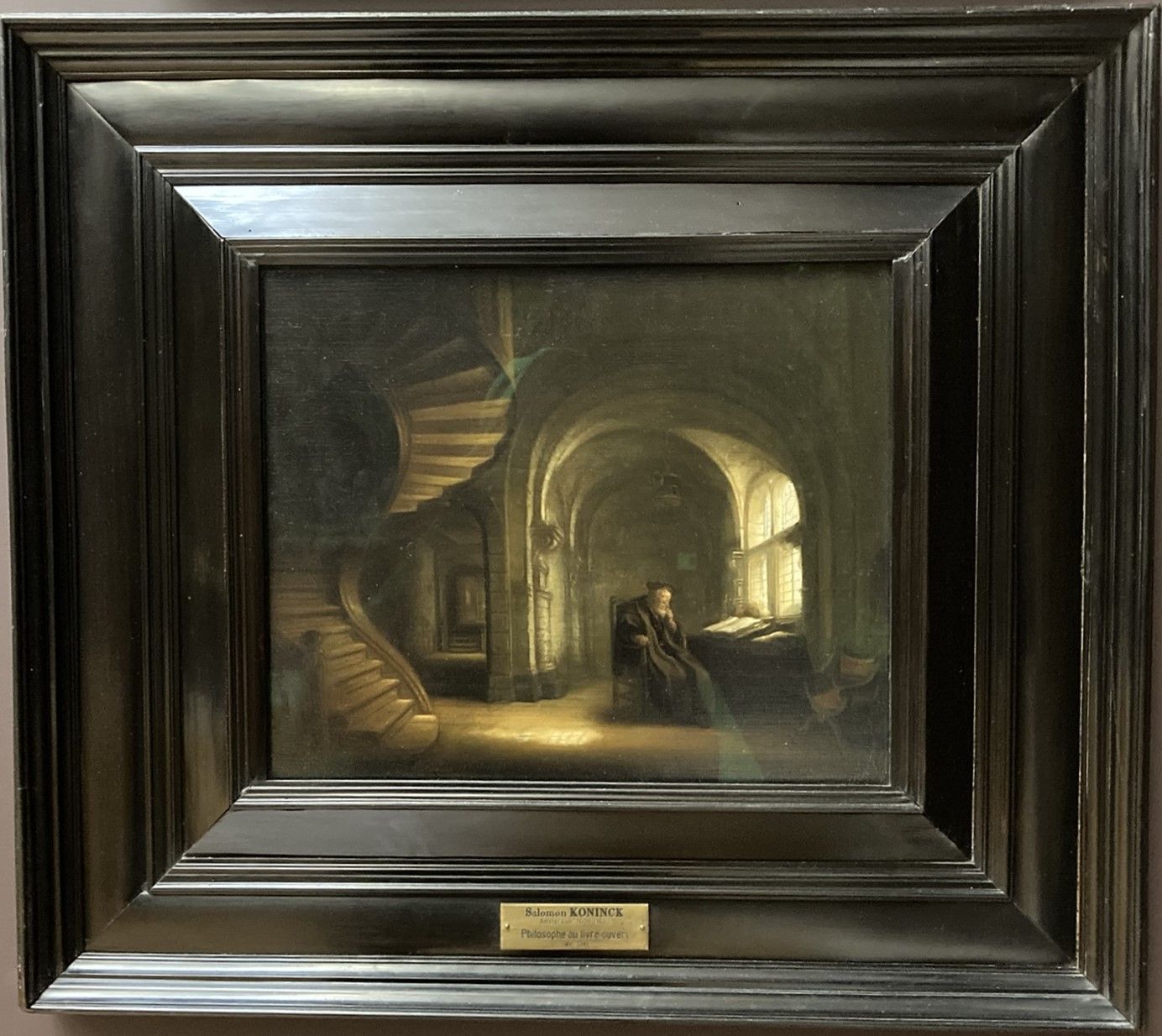
The Philosopher with an Open Book
or The Philosopher in Meditation
1640-1650
by Salomon Koninck
Louvre Museum, Paris, France
Photo taken by Michael Kroth, September 8, 2020
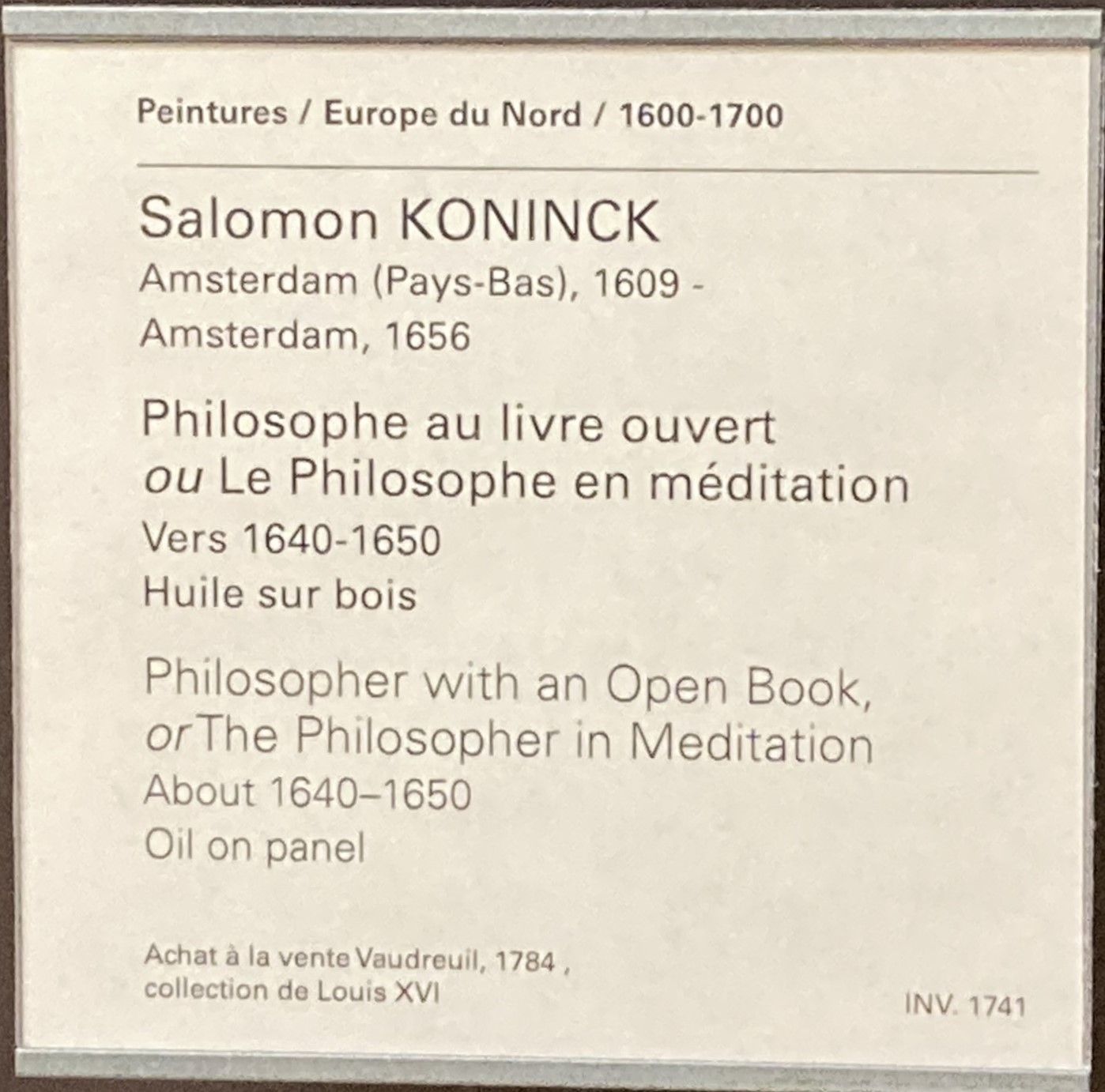
Louvre Museum, Paris, France
Photo taken by Michael Kroth, September 8, 2020
Well known, prolific writers (and as well those not known or prolific, I must assume – to wit, note the following essay), feel compelled to share with us why they write and how they write. People like me, aspirationally-fecund, vicariously-hopeful writers, long for these anecdotal “why’s” and “how-to’s.” We want to know why someone like Mary Oliver or George Orwell wrote. I’m guessing a few of these eminent writers, writing about their writing, gloss over the deepest reasons psychological, experiential, or sociocultural. They might be saving some of that for memoirs. But at least some of the best writers don’t skip that key part.
For example, Parker Palmer. I totally connect when he shares thoughts like,
“For many years, writing has been one of my ways of collaborating with life. For me, writing is not about filling my head with ideas, then downloading them to the page. That’s not writing; it’s typing. Writing is an unfolding of what’s going on inside me as I talk to myself on a pad of paper or a computer, a version of talk therapy that requires neither an appointment nor a fee.”1
He essentially describes his inner/outer process.
Or Annie Lamott. My soul vibrates reading, “Writing and reading decrease our sense of isolation. They deepen and widen and expand our sense of life, they feed the soul.”2
Isolation and loneliness are their own pandemic these days. I don’t want to experience them if I can help it. I write, and read in part so I don't have to, to connect with so many people living and dead, so many ideas, so many feelings, so much.
The notion of writing as “unfolding” within myself makes a lot of sense. I am learning about myself and the world as I write this essay, rewrite it, edit it, insert, spiff up, think of something new, add something I’ve seen or discovered over the last few days. When I finally hit “send,” the essay should have coalesced as will have my thinking about it.
The evolution of my own understanding - what I believe to be true - will not, however, be writ on stone. Even if my opinions and sense of the world and my place in it were etched into a block of ice when I published a piece of work, sooner or later my frozen-at-that-time views will – if I’ll let them – melt once more into an ice flow and then a river with many tributaries. As that movement continues, I’ll learn more about the world, write more, and then learn more from doing that.
I write to understand myself and to sort out what I think, what I hope for, what I believe, don't believe, want to believe, and where I fit into the universe. Parker Palmer says writing poetry and reading it is, “...one of the best forms of self-therapy I know.”1
Do I agree with that!
That has ever been true for me, though for many years I didn’t realize this self-learning-through-writing was what was happening. I thought I was writing to share my wisdom, experience, and knowledge with others, so they might learn from me. I hoped my writing might become popular, or lead to other opportunities for speaking, or doing other ‘guru-things.”
Beyond the humbling fact that the older I become, the more I realize how little I really know, those are superficial reasons to write. The outcomes may have value, but the deeper reason I write these days is to learn by exploring, testing, growing and developing, and expressing myself. To know myself and all that's around me more profoundly. When that occurs, I am more likely to share something that might be a contribution with others instead of simply cranking out material (“Content is king! Monetize your site! Eat at Joe’s! Best hamburger in the state!) perhaps in those times I’m more able to share a scintilla of my soul with others.
So much about writing is writing to understand. My favorite ‘how-to-write’ type author, William Zinsser, wrote in his book Writing to Learn,
“…we write to find out what we know and what we want to say. I thought of how often as a writer I had made clear to myself some subject I had previously known nothing about by just putting one sentence after another—by reasoning my way in sequential steps to meaning. I thought of how often the act of writing even the simplest document—a letter, for instance—had clarified my half-formed ideas. Writing and thinking and learning were the same process.”3
These days, I write to learn about something I don’t know much about... yet. Which is why I’m beginning to write about becoming older. As in, later-life-older.
Overwhelmingly, as the inevitability of death pokes itself into my ribs to remind me it is not far away, as the lapses of memory and inability to concentrate as I used to snuggle closer, as retirement from paid work becomes more not something to plan for but something soon-to-be-experienced, I am both sure and unsure of myself.
I’ve read about this transition, quite a lot actually, and I’m now ready psychologically to write about what lies ahead and within. Joan Didion, sharing how writing gave her entrée to her unplumbed self, said, “Had I been blessed with even limited access to my own mind there would have been no reason to write. I write entirely to find out what I’m thinking, what I’m looking at, what I see and what it means. What I want and what I fear.”4
What do I want in older age? I have an idea. What do I fear in older age? I have an idea.
What do I think about getting older? As importantly, when I learn about healthy aging, what am I willing to commit to doing to age wisely? Knowledge is one piece of the internal puzzle, but comprehending more about myself, given that information without self-artifice – my trepidations, my gifts, my weaknesses, and my hopes – is a blessing that writing helps me to "get." To interpret my relationship to aging and how I am able and willing to approach it.
I’ve read a lot about aging and I’ve thought a lot about aging and I've observed others aging I've experienced aging, but I don’t fully understand myself yet and my relationship with aging – so I’ll be writing more about it.
Count on it.
Notes
1Parker Palmer, Palmer, P. J. (2018). On the brink of everything: grace, gravity, and getting old (First edition. ed.). Berrett-Koehler Publishers.
2Lamott, A. (1995). Bird by bird: some instructions on writing and life (1st Anchor Books ed.). Anchor Books, p. 237.
3Zinsser, W. K. (1988). Writing to learn (1st ed.). Harper & Row, p. viii-ix.
4Didion, J. (1976). Why I write. New York Times Book Review, 5, 98-99.
5Peter Bevelin on Seeking Wisdom, Mental Models, Learning, and a Lot More. Farnam Street blog. https://fs.blog/peter-bevelin-seeking-wisdom/
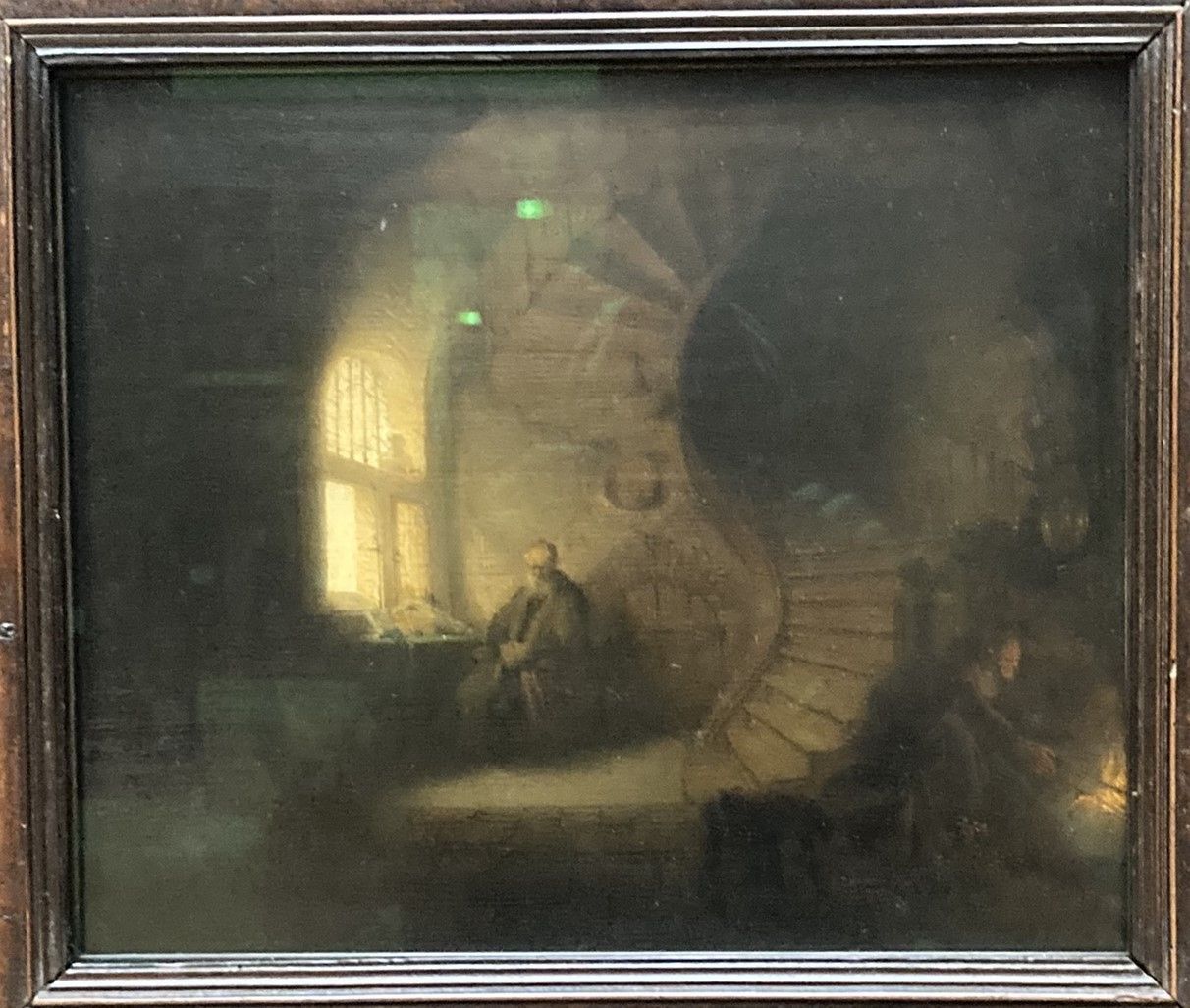
The Philosopher in Contemplation
or The Philosopher in Meditation
1632
By Rembrandt
Louvre Museum, Paris, France
Photo taken by Michael Kroth, September 8, 2020
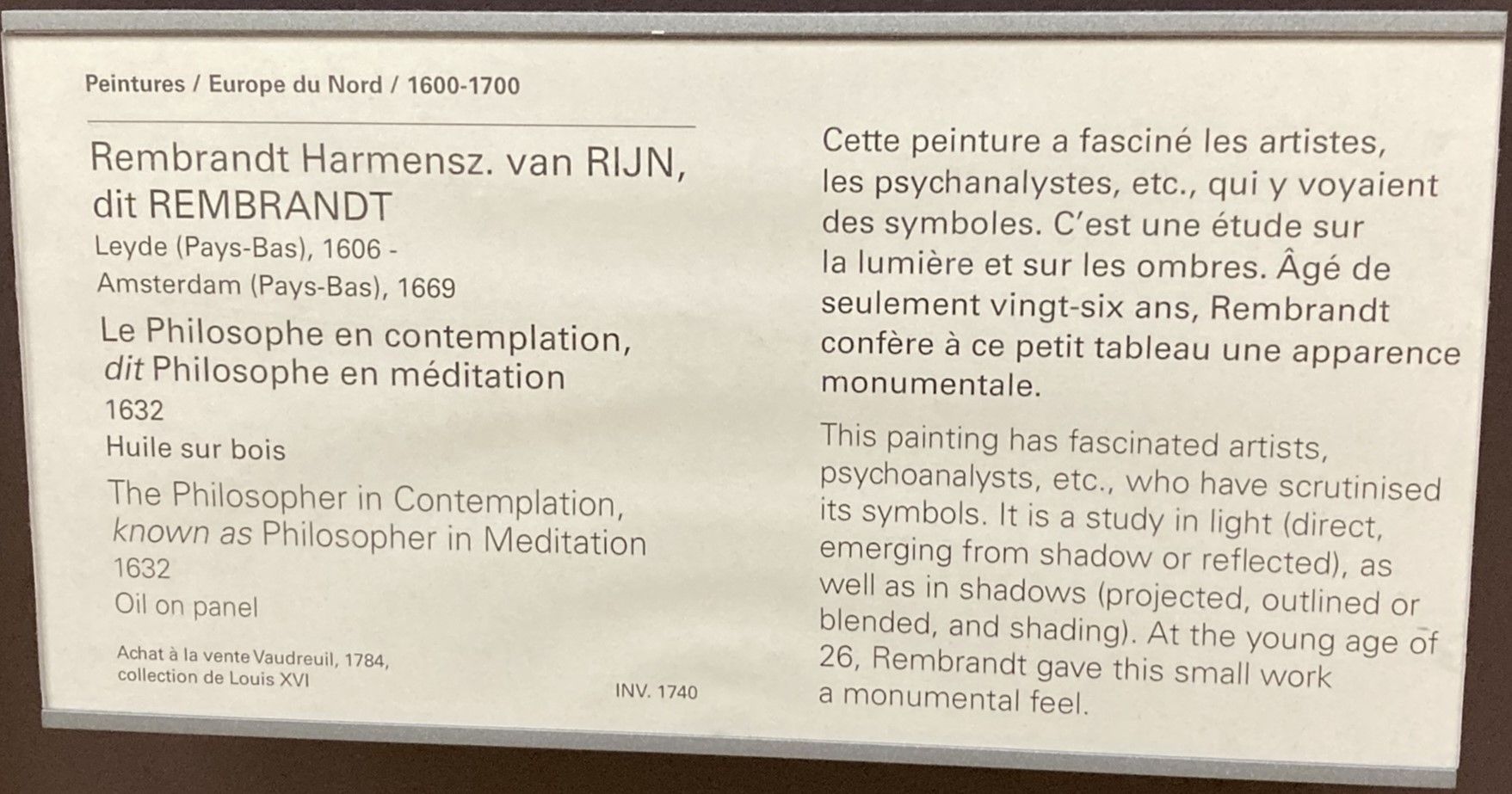
Louvre Museum, Paris, France
Photo taken by Michael Kroth, September 8, 2020

